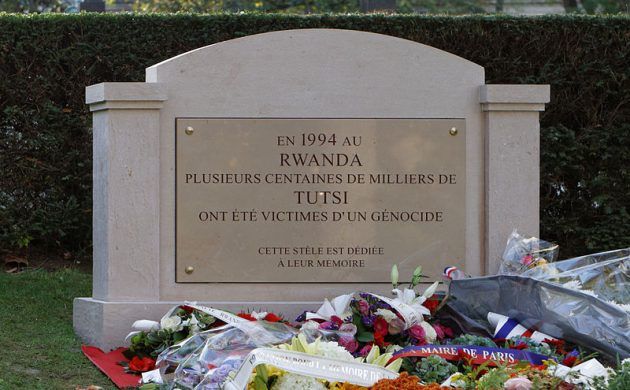A court in Hillerød has ruled that a 50-year-old Danish citizen should be extradited to Rwanda where he is accused of participating in the 1994 genocide.
The court decision is in line with what the state prosecutor evaluated late last year: that there were indeed grounds for the man to be extradited.
“The extradition for prosecution is not against the extradition law, while an extradition does not breach the relevant condition in the European Human Rights Convention,” Jens Berg, the court chairman, told DR Nyheder.
The man, who was arrested last year and has pleaded innocent, settled in Denmark in 2001 and became a Danish citizen in 2014, but later that year Rwanda filed a request for extradition.
READ MORE: Danish man arrested for genocide in Rwanda
100 days of slaughter
It’s not the first case involving the extradition of people involved in the Rwandan Genocide.
In 2000, a former captain of the Rwandan presidential guard was arrested in Skjern and later sent to a UN tribunal for his role in the murder of Rwanda’s prime minister, Agathe Uwilingiyimana, and ten Belgian UN soldiers.
Denmark also extradited a 51-year-old man to stand trial in 2013 in a case that is still ongoing in the courts in Rwanda.
The Rwandan Genocide perpetrated by the elite Hutu majority government led to the deaths of over a million Rwandans over a 100-day period in 1994. It is estimated that up to 70 percent of the Tutsi population were killed.















